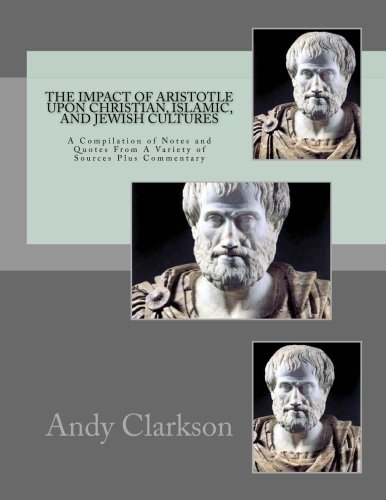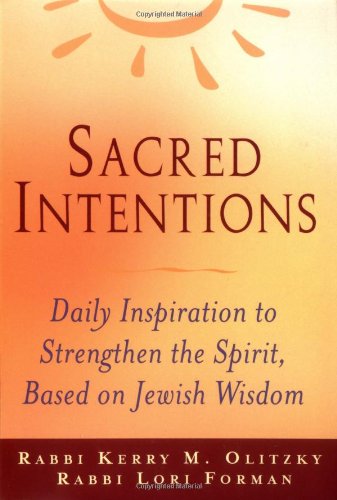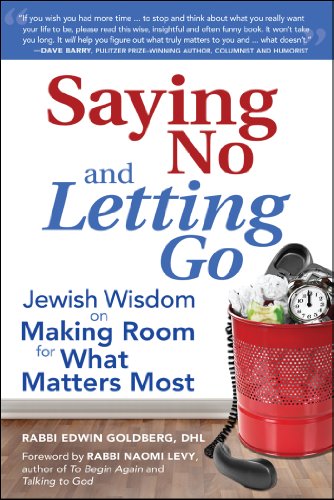
About 800 years ago, the premises of three cultures were set — with consequences today. Islamic culture (led by Al-Ghazali) rejected Aristotle. It remains mystical and collectivist. Christian culture (via Thomas Aquinas) took a middle ground on Aristotle. Today it seeks the middle ground of luxuries and Jesus’ Sermon On The Mount. Jewish culture accepted Aristotle (via Maimonides) on a much greater basis and flourished.
According to Wilhelm Windelband, Aristotle’s system of philosophy considered happiness “as the supreme end of all endeavour”.
Philosopher-novelist Ayn Rand said, “Aristotle’s philosophy was the intellect’s Declaration of Independence. Aristotle, the father of logic, should be given the title of the world’s first intellectual, in the purest and noblest sense of that word.”
Medieval thinkers such as Averroes (Islam), Aquinas (Christian), and Maimonides (Jewish) regarded him as “The Philosopher.”
Join us on this 2500-year philosophical and historical journey through three major cultures — Christian, Islamic, and Jewish — to understand Aristotle’s influence upon each.
We will see when a culture accepts to some significant degree, either explicitly or implicitly, Aristotle’s ideas of reason and happiness. The main examples are:
• Ancient Greece,
• Islamic culture from about 800 to 1200 AD,
• the Renaissance,
• the Enlightenment,
• the Haskalah (Jewish Enlightenment) of the 19th century,
• and hopefully the future.
And also discover the consequences when a culture rejects his philosophy of reason. There is a consistent philosophical and historical pattern of the anti-Aristotelians:
• the obliteration of Aristotle and thus reason (Al-Ghazali, Kant, Augustine),
• the adoption of the arbitrary – either Augustinian revelatory or Kantian skepticism/subjectivism (the Koran, The Critique of Pure Reason, the Sermon on the Mount),
• submission to some alleged greater consciousness (Allah, The Fuhrer, communist state, the Holy Trinity, the collective consciousness, the will of Nature, the will of the people or proletariat),
• the demand to follow rules or commands from the alleged greater consciousness (Allah’s rules, the Hitler’s National Socialist 25 rules, the Ten Commandments),
• a fantasy reward for submission and following the rules (eternal life in heaven with God or in paradise with Allah, the emergence of a master race to produce the 1000 year Reich/idealized humanity, the withering of the state and economic abundance in the future, proletariat violent overthrow of the productive in search of a “charmed” and stagnant Middle Ages subsistence living),
• and the initiation of force against who don’t play along with their anti-reason program (Jihad, the SA, the Gestapo, the KGB, the Inquisition, gulags and concentration camps. In particular, hatred and force against the rational – for example against productive Jews and bourgeoisie; against advocates of reason such as Boethius, Abelard, Galileo, Gersonides; Pol Pot’s murder of millions of intellectuals.)
It’s all covered here. This clear, concise compilation explains the ups and downs of the last 2500 years — and the headlines of today. Hope you enjoy it!


